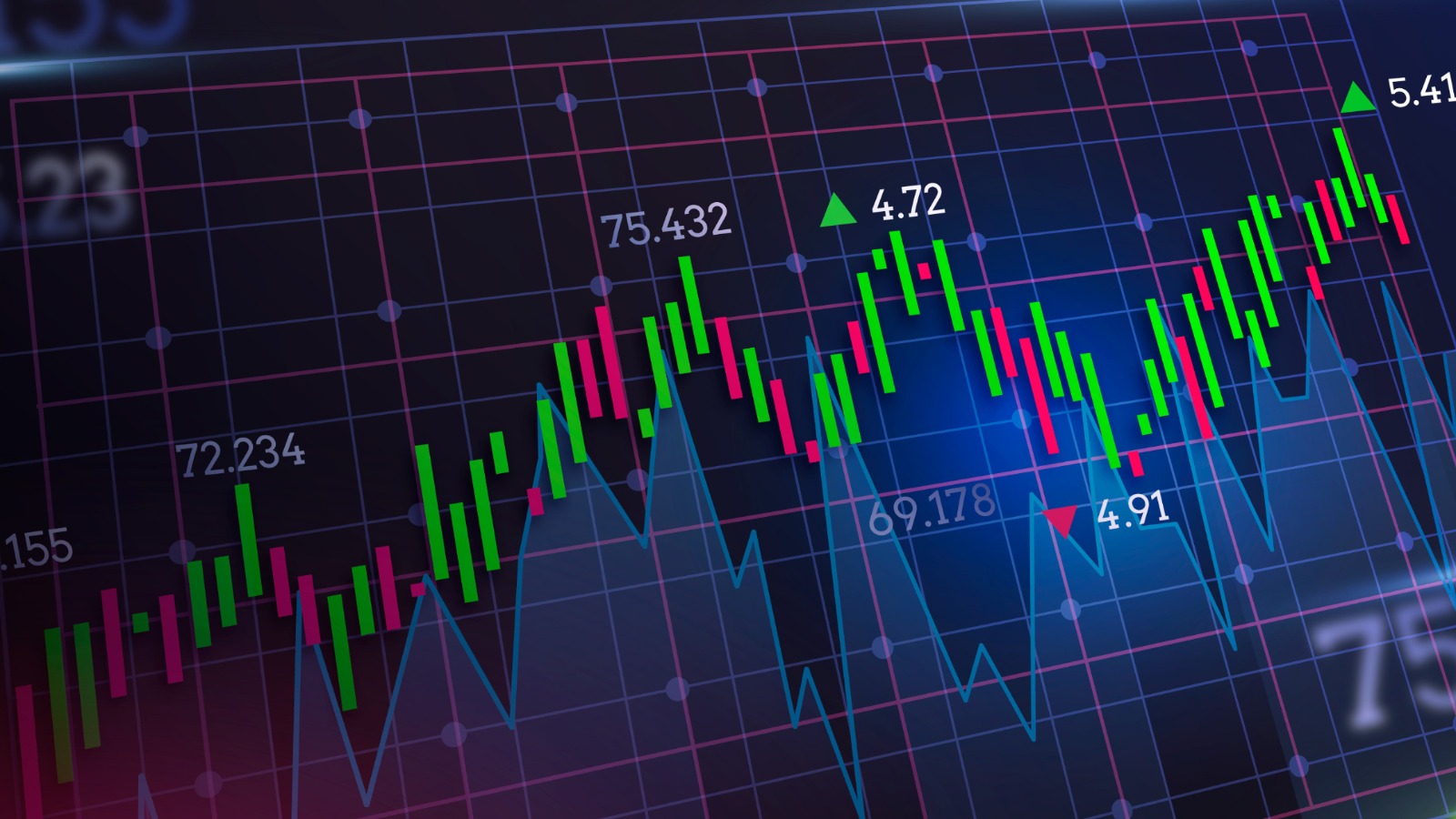CMP in the Stock Market : A Comprehensive Guide

As an aspiring trader, there are key
terms and indicators that you have to learn to make your trading career a
flourishing one. CMP is one such term. In this blog, we will have
an overview of the concept of CMP
Full form of CMP in the stock
market.
You must have seen the CMP figure
flashing on financial websites now and then. You must be curious about what CMP
means. The full form of CMP in the stock market is the Current Market Price.
What is CMP in the stock
market?
A stock or share’s price changes
rapidly. During the life of its existence, it is prone to change every second.
In such a context, we refer to the current market price as CMP. Thus, CMP means
the stock’s current market value. The value of CMP reflects the market’s
current trading price at which a specific security or stock is traded on the
stock exchange.
Further, several factors like the
economic conditions and performance of the company affect the CMP. Because of
the interplay of supply and demand, CMP constantly fluctuates throughout the
trading day. Hence, CMP is a key
indicator to determine the current value of the stock and decide whether to buy
or sell stock at the current price. Therefore, CMP in the share market is very
crucial in buying or selling stocks.
Importance of CMP in the stock
market
The current market price is a valuable
tool for traders. It gives an investor or a trader the stock’s current
cost. By analyzing CMP in trading along
with other data, one can make informed guesses about the trajectory of future
prices. As a result, traders consider CMP as the accurate and up-to-date
indicator that tells the current worth of a stock.
The dynamics behind CMP in the
Stock Market.
Keeping an eye on CMP is pivotal in
navigating effectively through the stock market. Let’s get to know the reasons.
1. CMP in the stock market is an
indicator that provides insights into the current state of supply and demand of
a specific stock. Hence, it is a major reading to know the market dynamics.
2. Real-time CMP data is crucial for traders
in the dynamic trading ecosystem. It equips the traders to come up with
split-second decisions that have the potential to make or break their
portfolios.
3. Investors rely on CMP data to decide
on whether to buy or sell the stocks. If the CMP is higher than the buying
price, then traders may think of selling the stocks to lock in profits. On the
other hand, if CMP is lower, they may think of buying more shares or keep
anticipating a future increase.
How can you find the CMP in
the Stock Market?
You can find the CMP of stock on many
platforms such as the websites of BSE, NSE, Business Standard, etc. Similarly,
the trading platform of an active trader will show the CMP of the shares he
tracks. Further, the advanced tools of these platforms analyze the stock prices
and make trading decisions.
However, if you want to know the CMP in
detail, then you have a clear idea about which stock you want to trade. Thus,
It will help you to find the current market price effortlessly. It applies to
traders and investors invariably to make informed decisions.
Trading strategies with CMP in
the share market.
A trader utilizes the CMP in the share
market through three types of orders namely market order, limit order, and stop
loss order.
●
Market Order: It involves purchasing or
selling a stock at its CMP. This kind of trading is carried out swiftly to
decrease the risk of cancellation.
●
Limit Order: You can place a limit order by
specifying the precise order in which you want to trade the stock. This order
is carried out when another trader prepares to match the price you have quoted.
●
Stop Loss Order: In scenarios where the price
of a stock drops sharply, a trader uses a Stop Loss Order. It will mitigate the
potential loss. A trader makes this offer to the broker. after the selling or
purchasing of the shares.
Conclusion.
The CMP in the stock market is a critical indicator that traders and investors rely on to assess the value of a stock or a share. Accordingly, they chart their trading strategies and make informed decisions.
At JBIS, we have provided you with essential knowledge about the stock market, empowering you to grasp its intricacies and dynamics. By enhancing your understanding of how the stock market works, we pave the way for you to earn confidently. Join us on this journey to become a successful stock market trader.